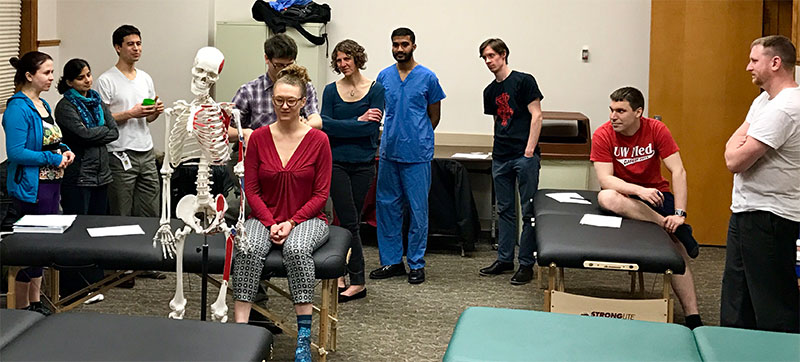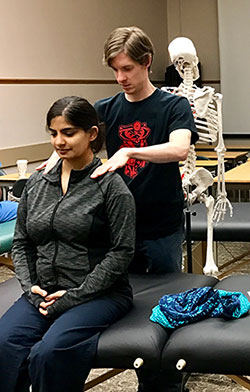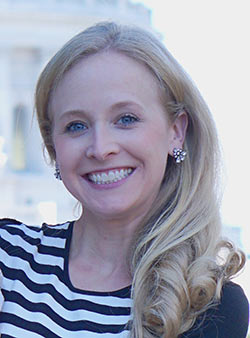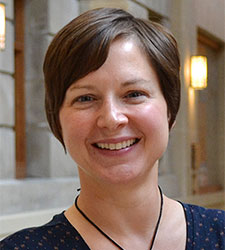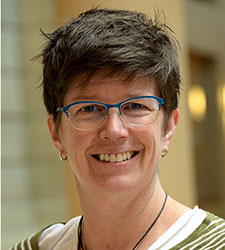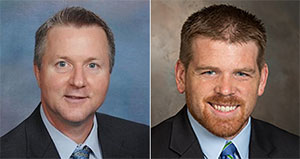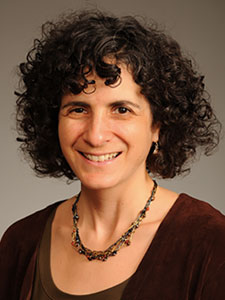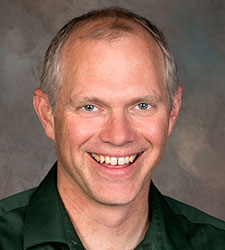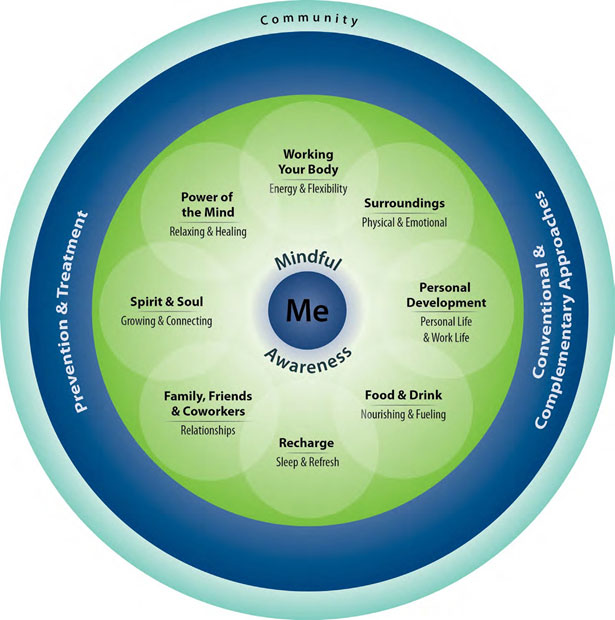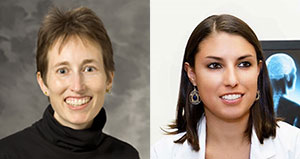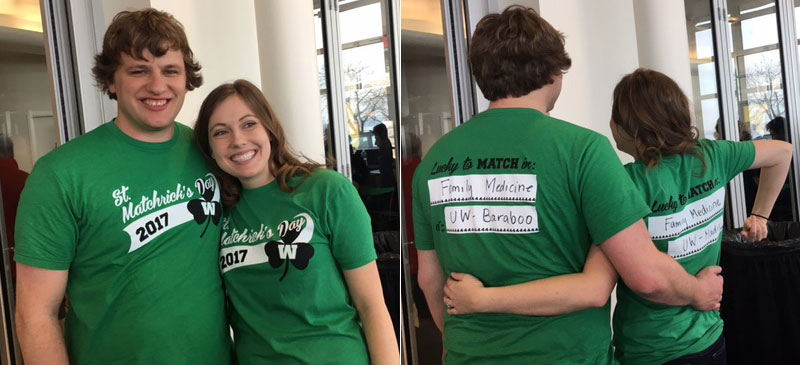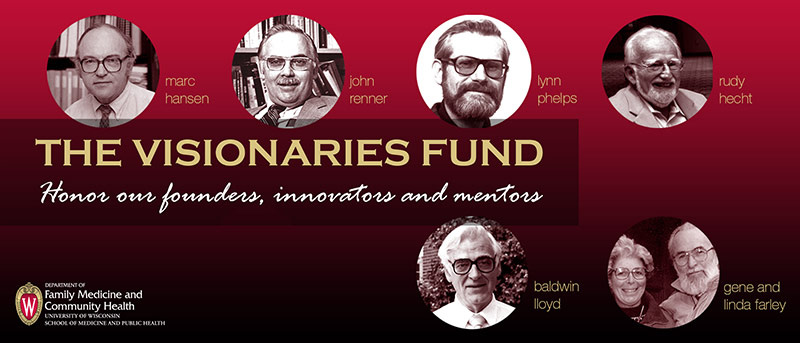The University of Wisconsin Department of Family Medicine and Community Health, Northeast Clinic located in Madison, Wisconsin, seeks a Clinical Assistant Professor.
Job Responsibilities:
We are interested in a dynamic family physician to provide the full spectrum of family medicine care, maternity care optional (OB).
The successful candidate will provide direct clinical care, supervise resident physicians and other learners, participate in faculty call and family medicine service schedules, as well as have time for academic pursuits.
This is the place to teach family medicine residents in a strong primary care community and in an academic family medicine department with a tradition of excellence. The University of Wisconsin School of Medicine and Public Health is one of the nation’s top primary care medical schools and the Department of Family Medicine and Community Health is ranked as the nation’s #5 family medicine department in U.S. News & World Report (2015).
Salary/Benefits: Competitive Salary and excellent Benefits (combination of University of Wisconsin and UW Medical Foundation salary and benefits)
Hospitals: Meriter Hospital, UW Hospital and Clinics, St. Mary’s Hospital
Community: Madison, WI (population 243,000), the vibrant capital of Wisconsin and home of the University of Wisconsin, and the many picturesque surrounding towns, has the best of all worlds: natural beauty and outdoor recreation, stimulating cultural offerings, distinctive restaurants and shops, and an irreverent spirit of fun. Built on an isthmus between lakes Monona and Mendota, Madison is renowned for its beautiful scenery. A total of five area lakes and more than 260 city parks create the perfect setting for an abundance of year-round outdoor activities, from hiking, biking, swimming and sailing along with cross-country skiing, snow sailing, and ice fishing. Urban culture, natural beauty, small town charm – the greater Madison area offers it all!
PVL #: 89327 – This position is a companion to PVL # 89326 Assistant Professor (CHS)-Northeast. Placement in position depends on experience and interest.
The UW-Madison is an EO/AA employer, women and minorities are encouraged to apply. Wisconsin caregiver and open records laws apply. A background check will be conducted prior to employment.
The post Madison, WI – Clinical Assistant Professor (Northeast Clinic) – PVL: 89327 appeared first on UW Family Medicine & Community Health.

